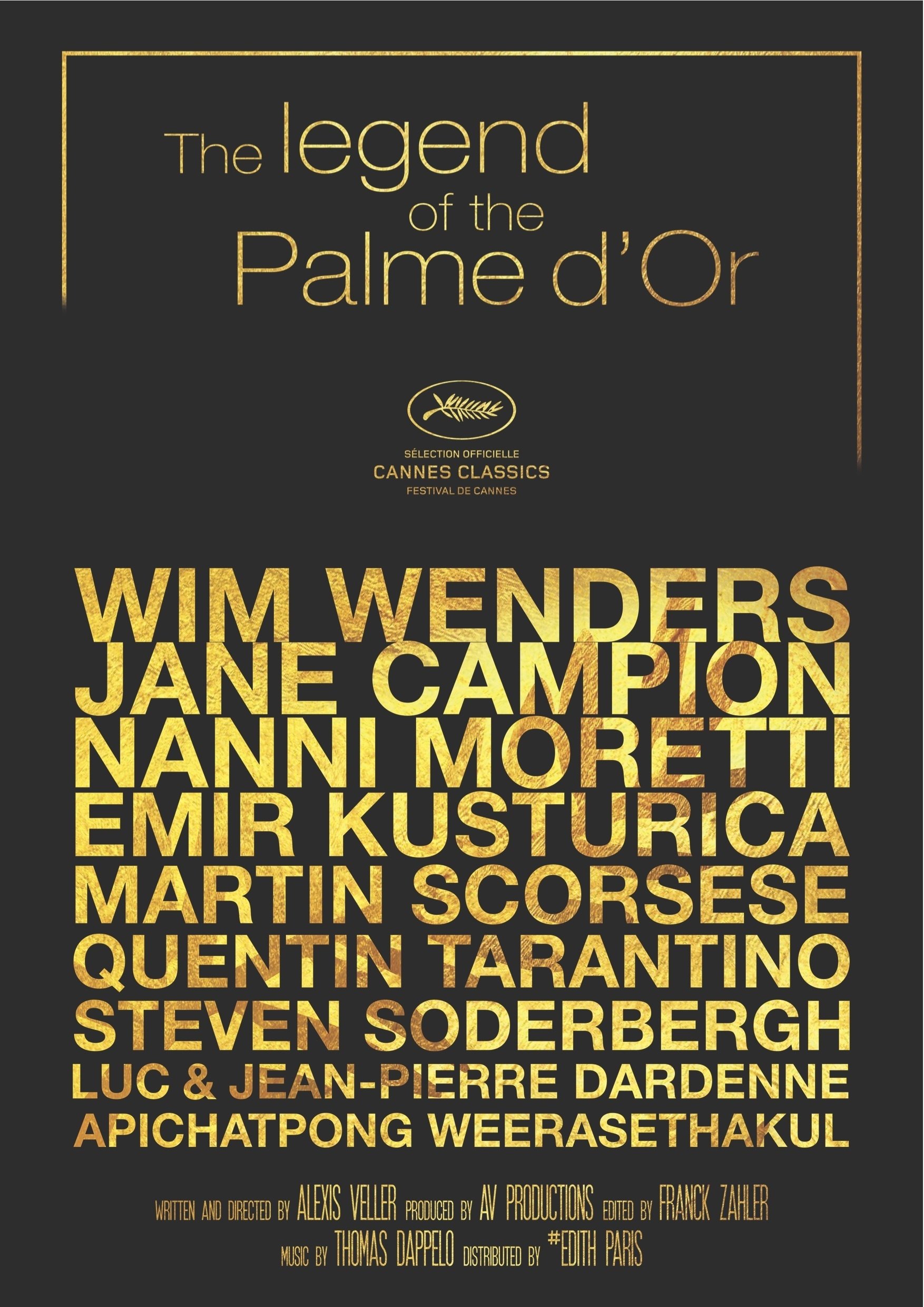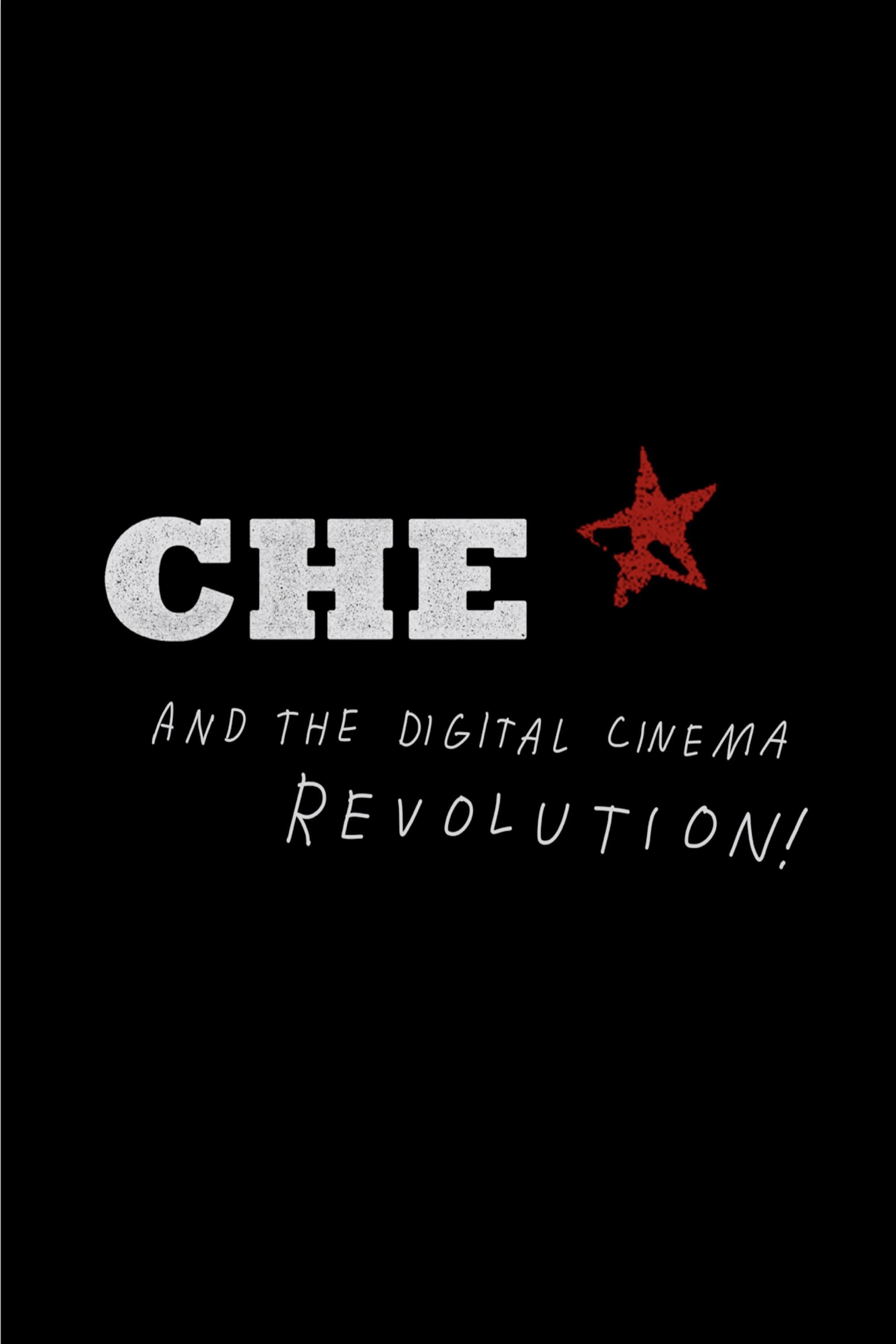

"Alan Pakula: Going for Truth" encompasses the personal and professional life of Alan J. Pakula, a lauded filmmaker and extremely private man, who was unflinching in his commitment to bringing some of the most memorable movies of the last half of the 20th century to the big screen.

From Martin Scorsese to Jane Campion, from Emir Kusturica to Quentin Tarantino, some of the greatest recipients of this trophy recall special moments relating to the award ceremony which closes the Cannes Film Festival. This film brings to light moving and personal stories, as surprising as they are varied, which all contribute to further enhancing the legend of the Palme d’Or.
Alternate edit of Raiders Of The Lost Ark (1981) by Steven Soderbergh, who put the movie in black and white with minimal dialogue and scored it with music by Trent Reznor and Atticus Ross.

When Marvin Hamlisch passed away in August 2012 the worlds of music, theatre and cinema lost a talent the likes of which we may never see again. Seemingly destined for greatness, Hamlisch was accepted into New York’s Juilliard School as a 6-year-old musical prodigy and rapidly developed into a phenomenon. With instantly classic hits ‘The Way We Were’ and ‘Nobody Does It Better’ and scores for Hollywood films such as The Swimmer, The Sting and Sophie’s Choice and the Broadway juggernaut A Chorus Line; Hamlisch became the go-to composer for film and Broadway producers and a prominent presence on the international Concert Hall circuit. His streak was staggering, vast, unprecedented and glorious, by the age of 31 Hamlisch had won 4 Grammys, an Emmy, 3 Oscars, a Tony and a Pulitzer prize: success that burned so bright, it proved impossible to match.
Spielberg, Soderbergh, Stone, Friedkin, Scorsese and others tell how Kubrick's directorial style influenced them and how his unique style was developed.
CNBC takes a behind the scenes look at the Porn Industry and examines challenges facing the industry including censorship and the competition from free online porn. It also looks at the executive and production roles that are now being filled with women and interviews pornographic actress Jesse Jane.

CHE was the first feature to use the Red camera, which Soderbergh embraced for its versatility and image quality. This short 2009 documentary looks at the evolution of the camera during the film’s production and at the many ways it has enhanced and altered the process of modern digital filmmaking.
Steven Andrew Soderbergh (born January 14, 1963) is an American film director, producer, screenwriter, cinematographer, and editor. A pioneer of modern independent cinema, Soderbergh later drew acclaim for formally inventive films made within the studio system. Soderbergh's directorial breakthrough, the indie drama Sex, Lies, and Videotape (1989), lifted him into the public spotlight as a notable presence in the film industry. At 26, Soderbergh became the youngest solo director to win the Palme d'Or at the Cannes Film Festival, and the film garnered worldwide commercial success, as well as numerous accolades. His next five films, which included King of the Hill (1993), were commercially unsuccessful. He pivoted into more mainstream fare with the crime comedy Out of Sight (1998), the biopic Erin Brockovich (2000) and the crime drama Traffic (2000). For Traffic, he won the Academy Award for Best Director. He found further popular and critical success with the Ocean's trilogy and film franchise (2001–18); Che (2008); The Informant! (2009); Contagion (2011); Haywire (2011); Magic Mike (2012); Side Effects (2013); Logan Lucky (2017); Unsane (2018); Let Them All Talk (2020); No Sudden Move (2021); and Kimi (2022). His film career spans a multitude of genres, but his specialties are psychological, crime and heist films. His films have grossed over US$2.2 billion worldwide and garnered fourteen Academy Award nominations, winning five. Soderbergh's films often revolve around familiar concepts which are regularly used for big-budget Hollywood movies, but he routinely employs an avant-garde arthouse approach. They center on themes of shifting personal identities, vengeance, sexuality, morality, and the human condition. His feature films are often distinctive in the realm of cinematography as a result of his having been influenced by avant-garde cinema, coupled with his use of unconventional film and camera formats. Many of Soderbergh's films are anchored by multi-dimensional storylines with plot twists, nonlinear storytelling, experimental sequencing, suspenseful soundscapes, and third-person vantage points. Description above from the Wikipedia article Steven Soderbergh, licensed under CC-BY-SA, full list of contributors on Wikipedia.
By browsing this website, you accept our cookies policy.